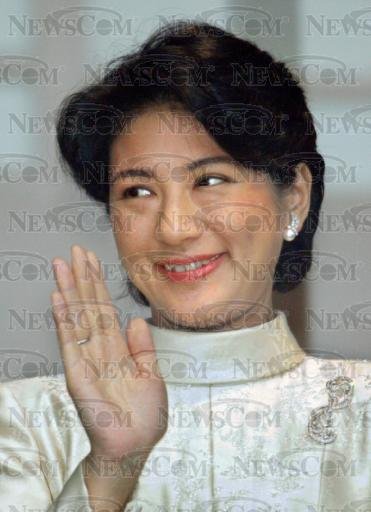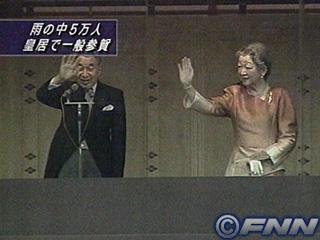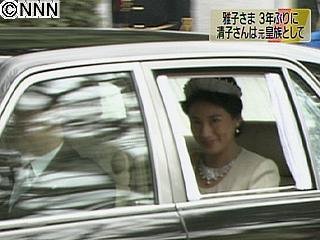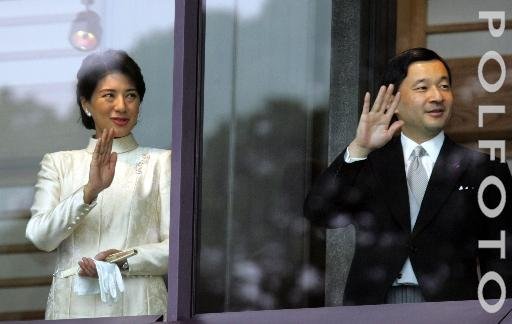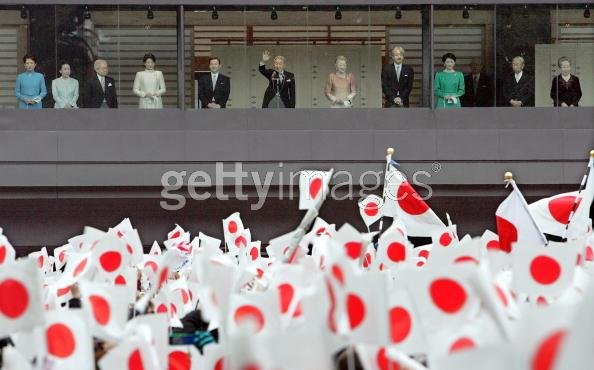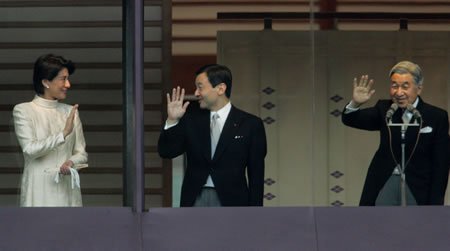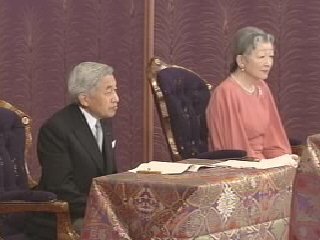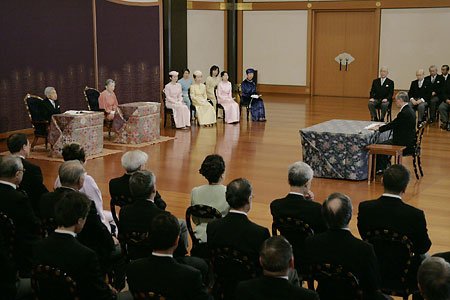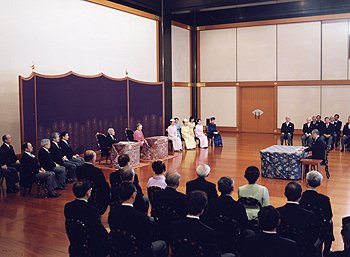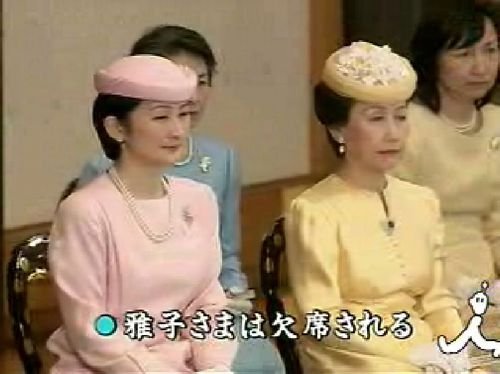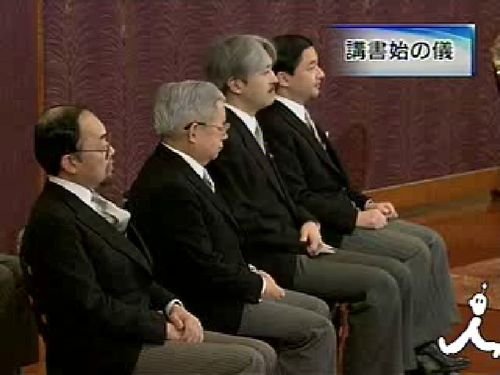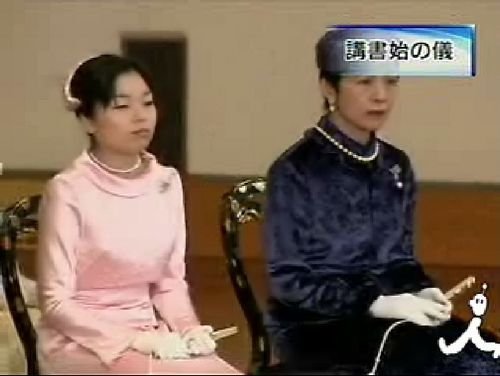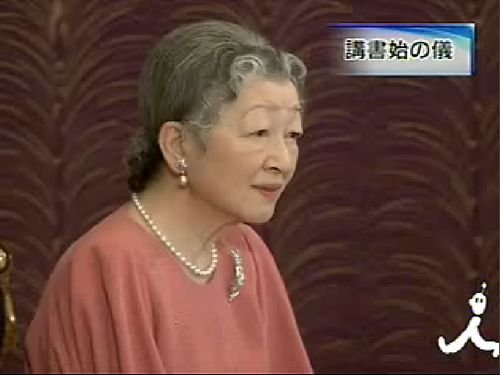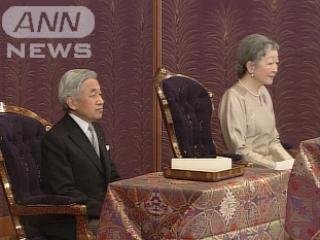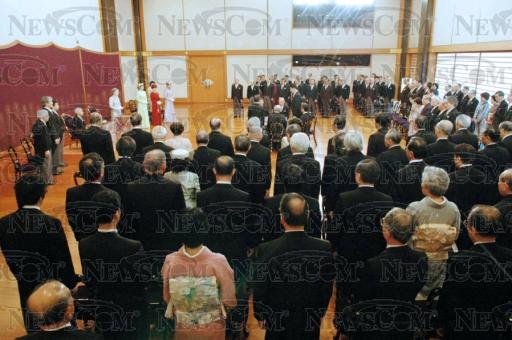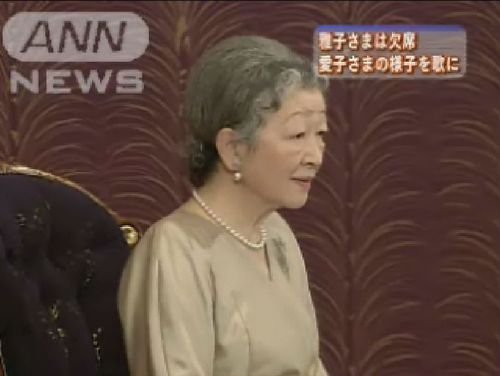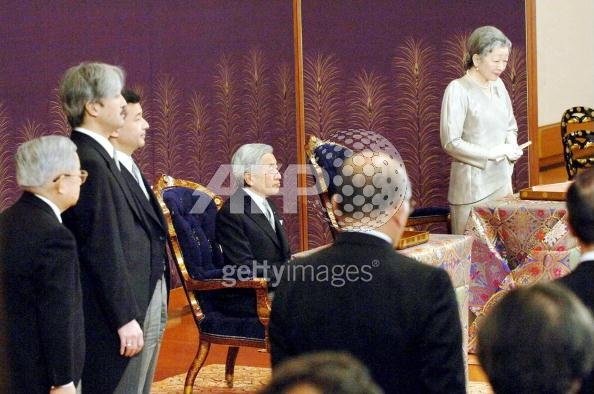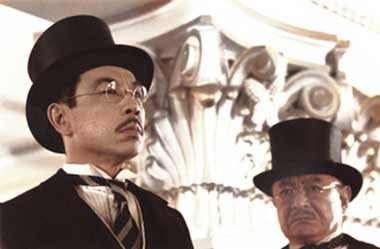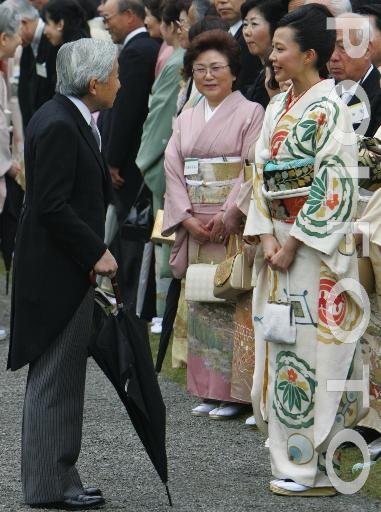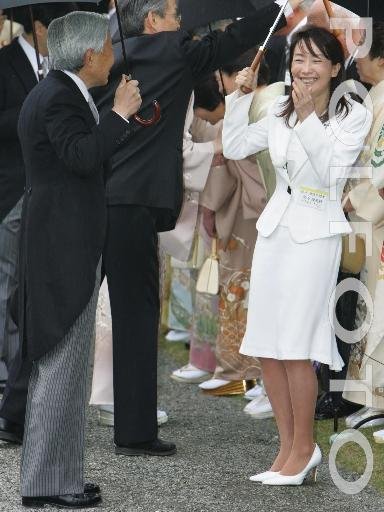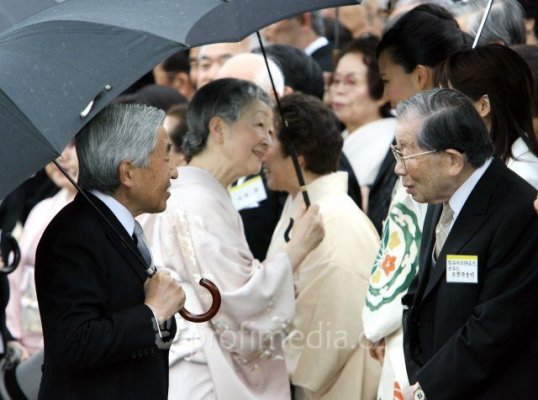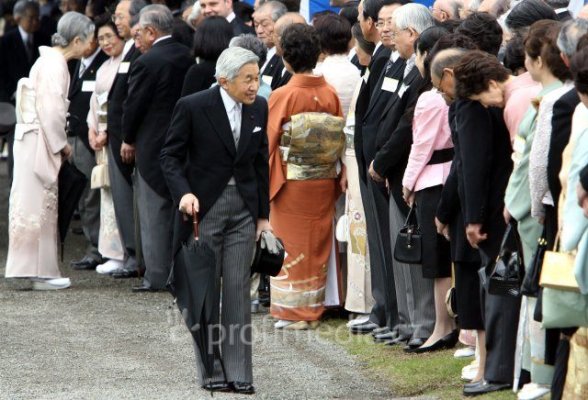FEATURE: Ex-imperial family descendant in spotlight amid succession crisis
Tsuneyasu Takeda, 30, goes to work, cooks and enjoys karaoke, a person seemingly not much different from others his age -- except that he was born to one of the 11 Japanese imperial branch families divested of royal status shortly after World War II.
In a country where the imperial family is now forbidden to interfere in politics, Takeda has attracted media attention by calling for other male descendants of the former imperial branch families to do something to deal with the looming succession crisis by considering their "responsibility" as such descendants.
No male heir has been born in the royal family for 40 years.
"Historically, imperial branch families existed as bloodline 'spares' for the imperial line when the main family was in peril. Though we are now in different circumstances, each of us should try to find out what can be done, and have the resolve to return to royal status," Takeda, great-great grandson of Emperor Meiji, said in an interview. Takeda's idea clashes with a government panel's report on imperial succession, which proposed to Prime Minister Junichiro Koizumi on Nov. 24 allowing females and their descendants to ascend the throne..............
http://asia.news.yahoo.com/060104/kyodo/d8eu4co00.html
A house divided
Concubines, divorce and extended family trees - all have been suggested to avoid putting a female on the Chrysanthemum Throne, writes Deborah Cameron.
SHE is the luckiest and most cursed child in Japan. A royal heir, yet destined, by having been born a girl, to be second best. Though not yet in kindergarten, Princess Aiko, with her intent face and halo of dark hair, personifies a dynastic crisis.
Aside from the constitutional heartache she is causing Japan, her future ascent to the position of the 127th monarch has exposed a royal rift and caused a debate that will reverberate beyond the reign of her grandfather and her father.
And it is a debate Japan seems really sorry to be having.
Neither the obvious intelligence or the samurai heritage of her mother, Princess Masako, 42, nor the transparent love of her father, Crown Prince Naruhito, 45, can protect or prepare Aiko for what is ahead of her in the next 20 or 30 years..................
http://smh.com.au/news/world/a-house-divided/2006/01/06/1136387628078.html
Cover Story/Next up: Overseas critics say changes, no matter how controversial, are needed for the family's survival.
This wraps up the series on issues and topics facing the imperial family. There's one thing liberal feminists and right-wing traditionalists have to agree on these days--the imperial family is in a time of flux.
Recent government recommendations will most likely allow for women to ascend the throne, and if this happens, there's no telling what's next. Would progressive changes put the imperial family more in touch with contemporary society? Or would changing the long-held patriarchal tradition endanger the very institution?
In Japan, news sources as diametrically opposed as weekly tabloids and the notoriously tight-lipped Imperial Household Agency are consumed with feeding--or depriving--the public with the scoop on the imperial family. Elsewhere in the world, too, scholars and politicians are watching and wondering what the future holds for Japan's royal family. Allowing women to serve as emperor is far from a radical concept, says Kenneth Ruoff, assistant professor of Japanese history at Portland State University in Oregon and author of "The People's Emperor: Democracy and the Japanese Monarchy," which received The Asahi Shimbun's Osaragi Jiro Prize for Commentary in 2004......................
http://www.asahi.com/english/Herald-asahi/TKY200601070131.html



